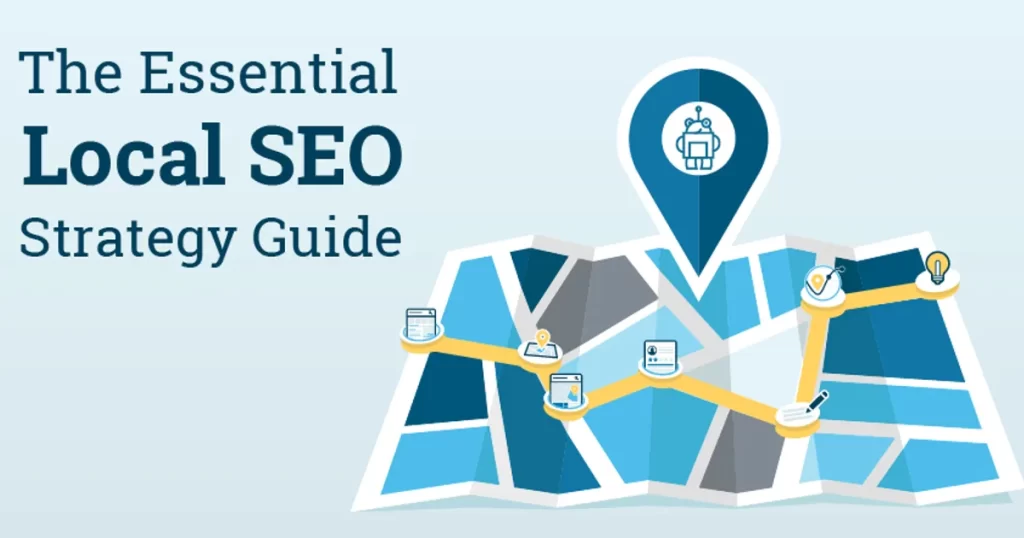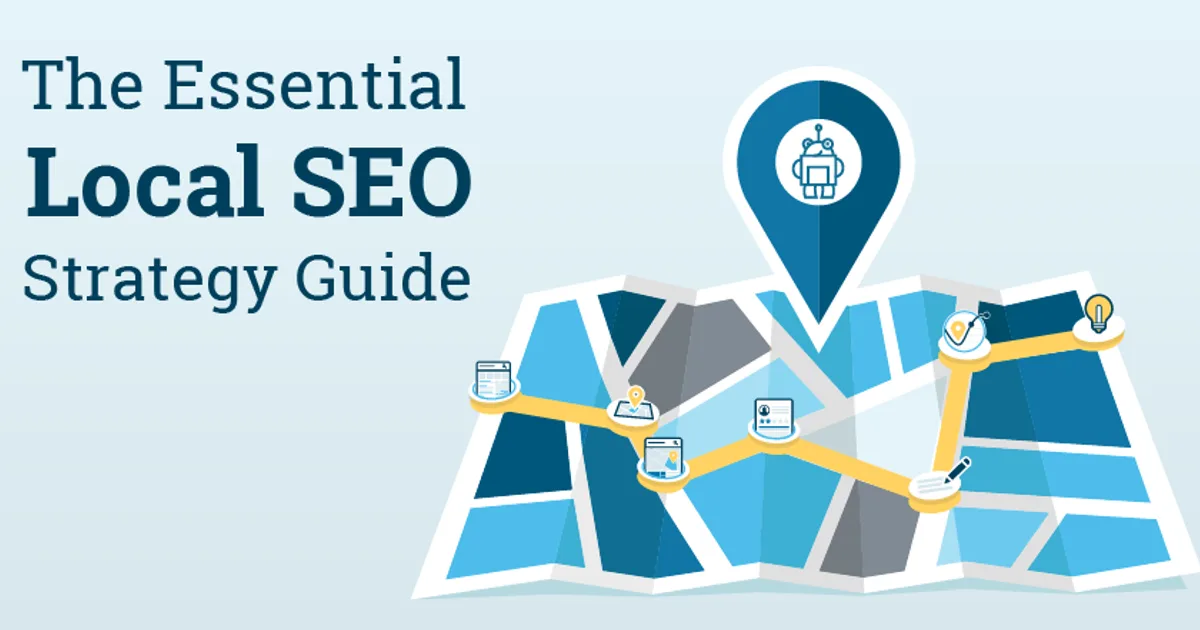Is your business struggling to get noticed by local customers? You’re not alone. In today’s competitive digital world, standing out requires more than just having a website. Our guide walks you through effective local SEO techniques to help your business show up—and stand out—where it matters most.
This comprehensive guide will walk you through the key steps to optimize your online presence and attract more local customers to your business.
Why Local SEO Matters
Think about how you search for services online. When you need a plumber, you probably type something like “plumber near me” or “plumber in Fort Worth” into Google. Local SEO ensures your business appears at the top of those search results, putting you right in front of potential customers when they need you most.
For small businesses, local SEO is especially important because of the geographically diverse market. Whether you’re in a bustling city like Houston or a smaller town, you need to make sure customers in your area can easily find you.
Dominate Google My Business
Your Google My Business (GMB) profile is your digital storefront. It’s often the first thing customers see when they search for your business online, so optimizing it is crucial.
- Claim and Verify Your Profile: If you haven’t already, claim your GMB profile and verify your business information with Google.
- Complete Every Detail: Fill out every section of your profile with accurate and up-to-date information, including:
- Business name
- Address
- Phone number
- Website
- Hours of operation
- Business description
- Choose the Right Categories: Select the most relevant categories for your business to help Google understand what you offer.
- Showcase Your Business: Upload high-quality photos and videos of your business, products, and services.
- Encourage Reviews: Positive reviews build trust and credibility. Encourage satisfied customers to leave reviews on your GMB profile.
Optimize Your Website for Local Search
Your website plays a crucial role in local SEO. Here’s how to optimize it:
- Local Keyword Research: Identify the keywords your target customers are using to search for businesses like yours. Include these keywords naturally throughout your website content.
- Location Pages: If you serve multiple areas in Texas, create dedicated location pages with relevant content and contact information for each location.
- Mobile-Friendly Design: Most people use their smartphones to search for local businesses. Ensure your website is responsive and provides a seamless experience on all devices.
Build Local Citations and Backlinks
Citations are online mentions of your business that include your name, address, and phone number (NAP). Consistent NAP information across the web is essential for local SEO.
- Local Directories: List your business on relevant online directories like Yelp, Yellow Pages, and industry-specific directories.
- Local Websites: Seek opportunities to get listed on local business websites, community forums, and news sites.
- Backlinks: Earn backlinks from other reputable websites in your area. This could include local chambers of commerce, business associations, or blogs.
Measure Your Local SEO Success
Tracking your progress is essential to ensure your local SEO efforts are paying off.
- GMB Insights: Monitor your GMB insights to see how customers are finding your profile and interacting with it.
- Website Traffic: Use tools like Google Analytics to track your website traffic and identify which keywords are driving the most visitors.
- Rankings: Track your rankings for relevant local keywords to see how you’re performing in search results.
- Lead Generation: Monitor the number of leads you’re generating from your website and other online sources.
Need Help with Local SEO?
Local SEO can be complex and time-consuming. If you need assistance, Expert Digital Services is here to help. Our team of experts can develop a customized local SEO strategy to get your business found online by more local customers.
Contact us today for a free consultation!


